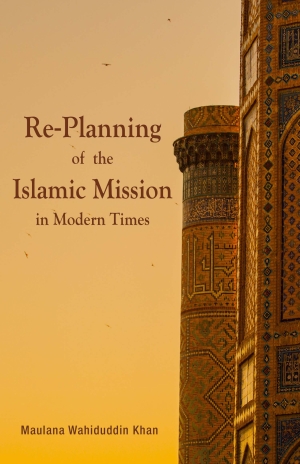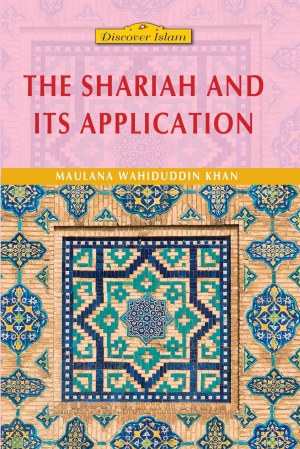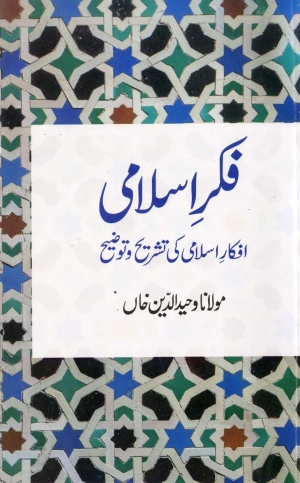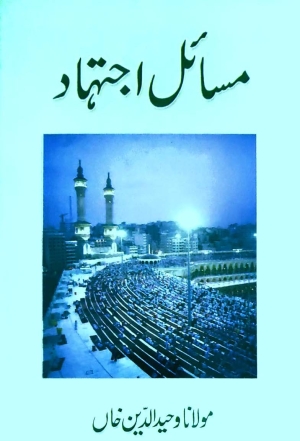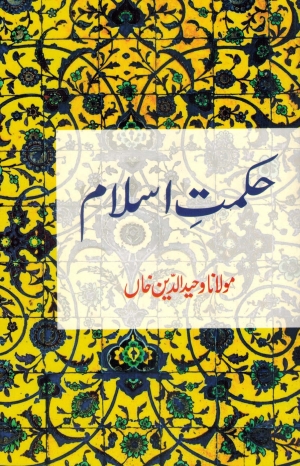We learn from a tradition of the Prophet that if a believer makes right ijtihad (re-interpretation of religious teachings in changing situations), he will receive a double reward, while if he errs in his ijtihad, he will still earn a single reward. (Sahih al-Bukhari, Hadith No. 7352)
It is sufficient to follow past precedents or traditional thinking when one engages in the work of preservation. However, to engage in intellectual leadership, one must possess a deeper understanding of the times and the capacity to engage in ijtihad, creative interpretation of Islamic sources, and their application in changed circumstances.
To perform the role of intellectual leadership, the Ulama must possess a deeper understanding of the times and the capacity to engage in ijtihad, creative interpretation of Islamic sources, and their application in changed circumstances. Then they will be able to engage in scholarship, reform the minds of the Muslim ummah towards correct thinking and undertake dawah work, conveying God’s message to people.
Featured Articles
Featured Videos
FAQs
A creative solution is a general principle of nature. It is as much relevant to the secular domain as it is to the religious sphere. It is something fully desirable as far as Islam is concerned. What is called ijtihad in Islam is precisely this principle. Whether it be in the religious or the secular sphere, people repeatedly face the need to rethink certain issues with an open mind, so they can rise above prejudices, and seek new and effective solutions for them.
A person with a creative mind is someone who is free of prejudices, someone who can think objectively about issues and with a completely open mind.
A person with a creative mind is someone who is free of prejudices, someone who can think objectively about issues and with a completely open mind. Such a person can arrive at creative solutions to problems.
A prejudiced mind is a veil that prevents one from developing creativity. Freeing oneself from prejudices leads to the opening of the mind. The person who thinks with an open mind and keeps the real nature alive in every circumstance will find that his mind discovers practicable solutions to even the most difficult problems and situations.
Source: Spirit of Islam April 2016
Ijtihad is a principle of Shariah (Islamic law). There is general acceptance among the religious scholars, the ulema, that the source of this principle of ijtihad in the Shariah is a Hadith narrated by Muaz ibn Jabal, a senior companion of the Prophet and recorded by a number of traditionists, like Abu Dawood, At-Tirmizi, An-Nasai, Ibn Majah and Imam Ahmad. The Hadith is as follows:
Muaz ibn Jabal said that when the Prophet sent him to Yemen as governor, he asked him how he would decide matters. Muaz replied that he would decide in accordance with the Book of God. Then the Prophet asked him what he would do in case he did not find the required guidance in the Quran. Muaz replied that he would seek guidance in the Hadith. The Prophet asked him what he would do if he failed to find guidance regarding the matter in the Hadith as well. Muaz replied that in that situation he would exercise his judgment to the best of his ability. The Prophet then placed his hand on his chest and said, “May God be praised, for granting this ability to Muaz".
This Hadith is regarded as the fundamental source of the principle of Ijtihad. When we examine this Hadith, we learn exactly when a Muslim is allowed to do ijtihad in Islam—he or she is permitted to do so only when no guidance is available for that particular situation in the Quran and Hadith.
Source: Spirit of Islam February 2014
The religion handed down by the Prophet remains one and the same. However, since the situations in human society are subject to change, it becomes essential that the original religion (al-din) could be reapplied to changing sets of circumstances through ijtihad. Ijtihad means reapplying divine injunctions to new situations. For instance, the Shariah permitted the touching of leather socks with wet hands for purification instead of the normal washing of feet during ablution. Now when socks made of artificial fibres came to be used, the question arose as to whether doing masah (rubbing with water) was lawful or not. Then it became necessary to re-apply the old injunction to the new situation; after the exercise of ijtihad, permission was given to do masah on these socks.
In every age, the necessity arises of re-applying divine injunctions. And this has happened in modern times on a large scale. In ancient times war was a means of settling conflicts, but with the invention of the latest deadly weapons, war today serves no positive purpose. Now power lies in peace alone. Such is the state of affairs that the commands of war in Islam require a reapplication. In days gone by, kingship, whereby the ruler unilaterally possessed absolute power, was the order of the day. Now it is the age of democracy, which is another name for the politics of power-sharing.
Changed situations in every age demand that efforts be made towards adaptation of the injunctions of Islam to meet new exigencies. This is the way that the Islamic Shariah continues to be updated. This task of updating is performed through ijtihad, a process which, in any community, requires creative thinking. And the essential condition for creative thinking lies in people having full freedom of expression, including that of criticism. This is why Islam has accorded such freedom to everyone, it is in an atmosphere in which everything and everyone is open to criticism that creativity is developed. Creative minds alone can perform the task of ijtihad at the highest level. Where there is no such open intellectual atmosphere, the process of mental development will come to a halt, and that of updating as well.
Source: Islam Rediscovered






